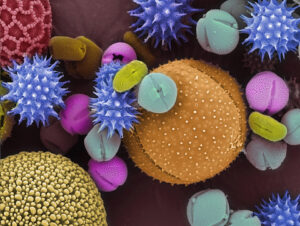Allergic transfusion reactions (ATRs) are common and can range from mild to severe. Younger age, hematological/oncological disease, increasing number of transfusions, and past history of ATRs are all risk factors for ATRs. Although the exact mechanism for ATRs is not well understood, type I immunoglobulin E (IgE)-mediated hypersensitivity and/or basophils are likely involved. In order to better understand the risk factors for ATRs, researchers retrospectively analyzed data from 363 pediatric patients with hematological/oncological diseases who received multiple red blood cell and/or platelet transfusions between 2003 and 2020 in Japan. Almost 40% (144/363) of patients developed ATRs, and the incidence of ATRs was higher in patients with allergies (including asthma, allergic rhinitis, hay fever, and atopic dermatitis) than in patients without allergies (28.5% vs 15.1%, p<0.002). IgE specific to dust mites or egg whites was found to be a risk factor for ATRs in all pediatric patients. A history of food allergies and/or Japanese cypress- or dust mite- specific IgEs were also risk factors for ATRs in children less than 5 years old. High allergen-specific IgE levels may predispose patients for ATRs. Further research is needed to better understand the mechanism of ATRs and the role of allergen-specific IgEs.
Reference:

